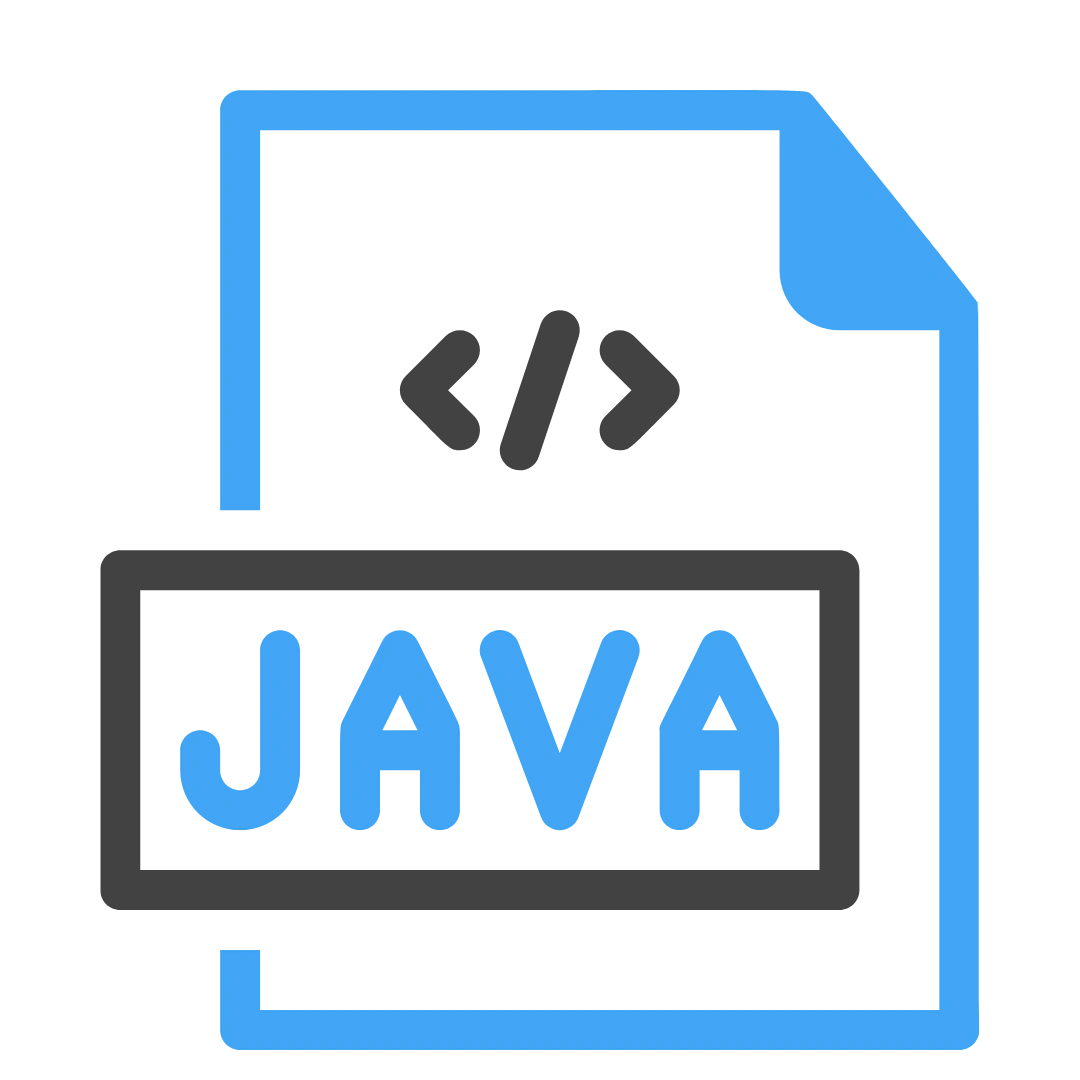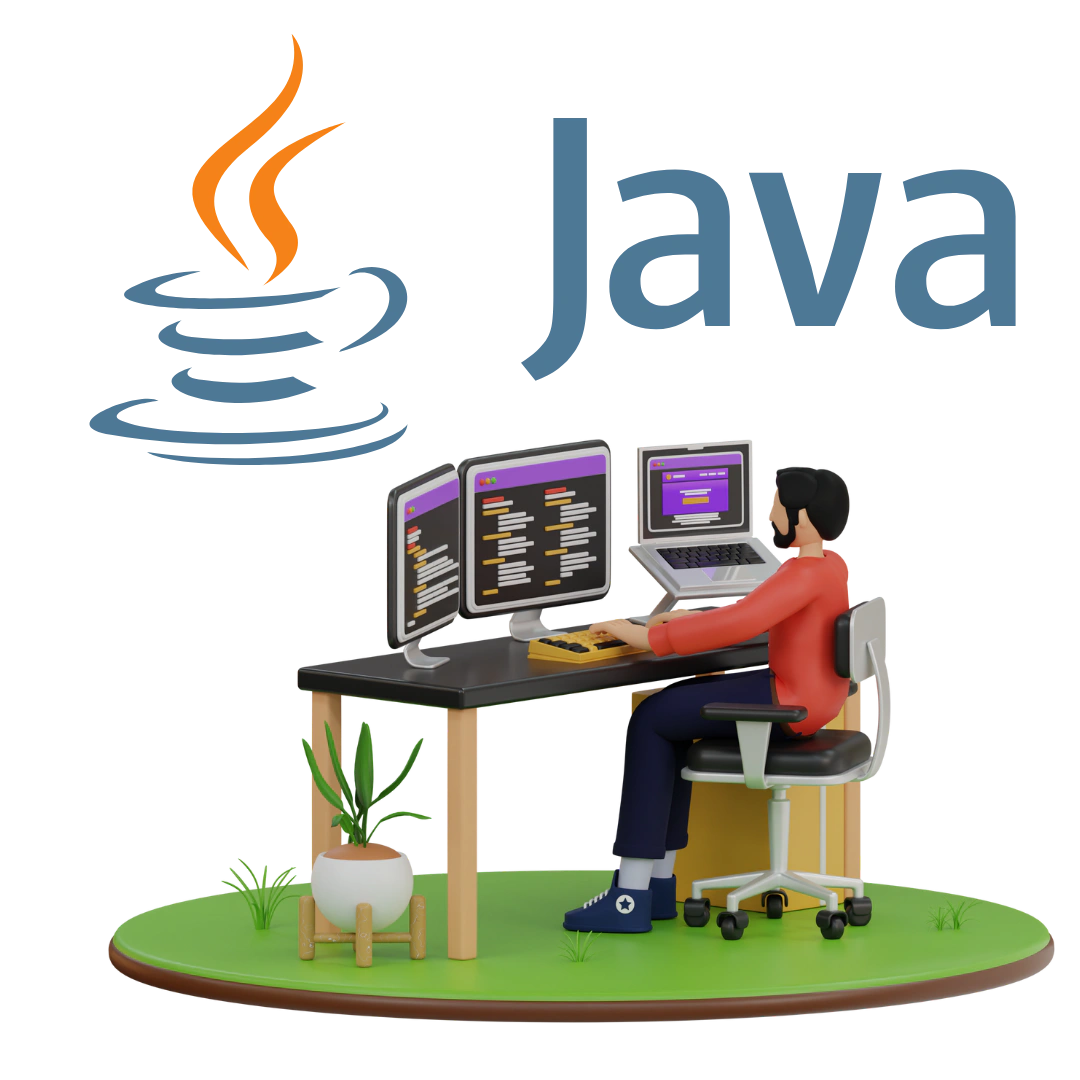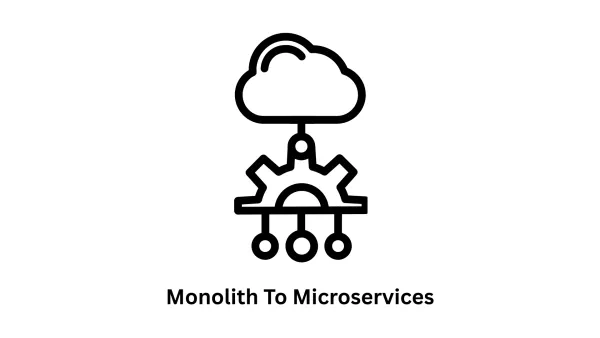Future-Proof Your Career: The Ultimate Guide to Java Application Development

Java remains a cornerstone of the software development world, powering everything from enterprise applications to mobile apps. Its versatility, robust libraries, and strong community support make it a top choice for developers in 2024 and beyond. This guide will equip you with the knowledge and strategies to thrive in the ever-evolving landscape of Java application development.
1. Mastering the Fundamentals:
- Java SE (Standard Edition): Build a solid foundation with core concepts like object-oriented programming (OOP), data structures, algorithms, and the essential Java APIs (java.lang, java.util, etc.).
- Java EE (Enterprise Edition) or Jakarta EE: Explore the vast world of enterprise Java, covering servlets, JavaServer Pages (JSP), Enterprise JavaBeans (EJB), and frameworks like Spring and Hibernate.
- Build Tools: Learn to use Maven or Gradle to manage dependencies, compile code, and package applications efficiently.
- Version Control: Master Git to collaborate on projects effectively and track code changes.
2. Expanding Your Skillset:
- Frameworks and Libraries: Dive into popular frameworks like Spring Boot, Spring MVC, and Hibernate for building robust web applications and APIs.
- Cloud Technologies: Gain expertise in cloud platforms like AWS, Azure, or Google Cloud to deploy and manage Java applications in scalable environments.
- Microservices Architecture: Understand the principles of microservices and implement them using frameworks like Spring Cloud.
- DevOps Practices: Embrace continuous integration and continuous deployment (CI/CD) to streamline the development and release process.
3. Career Paths in Java Development:
Java offers diverse career paths to suit your interests:
- Backend Developer: Focus on server-side development, building APIs, handling databases, and ensuring application performance.
- Full-Stack Developer: Combine backend expertise with frontend technologies (HTML, CSS, JavaScript) to create complete web applications.
- Mobile App Developer: Use Java or Kotlin with the Android SDK to build native Android applications.
- Cloud Engineer: Specialize in deploying, managing, and optimizing Java applications in cloud environments.
- Solutions Architect: Design the architecture of complex Java applications and systems.
4. Finding Job Opportunities:
- Job Boards: Explore websites like LinkedIn, Indeed, Glassdoor, and Dice for Java development positions.
- Company Websites: Check the career pages of tech companies and consultancies that specialize in Java development.
- Networking: Attend tech conferences, meetups, and workshops to connect with other Java professionals and potential employers.
- Freelancing Platforms: Consider platforms like Upwork or Freelancer to find freelance Java projects and gain experience.
5. Elevate Your Projects with Associative:
If you're looking for expert Java application development services, Associative is your trusted partner. We offer a wide range of Java development expertise, including:
- Website Development
- E-commerce Development
- Software Development
- Web3 Development
- Mobile App Development
- WordPress Development
- on demand App Development
- OpenCart Development
- Web Development
- Drupal Development
- And more!
Contact Associative to discuss how our team can help you bring your Java-based projects to life.
Conclusion:
Java application development continues to be a rewarding and in-demand field. By mastering the fundamentals, expanding your skillset, exploring career options, and seeking the right opportunities, you can position yourself for a successful future in this dynamic industry.
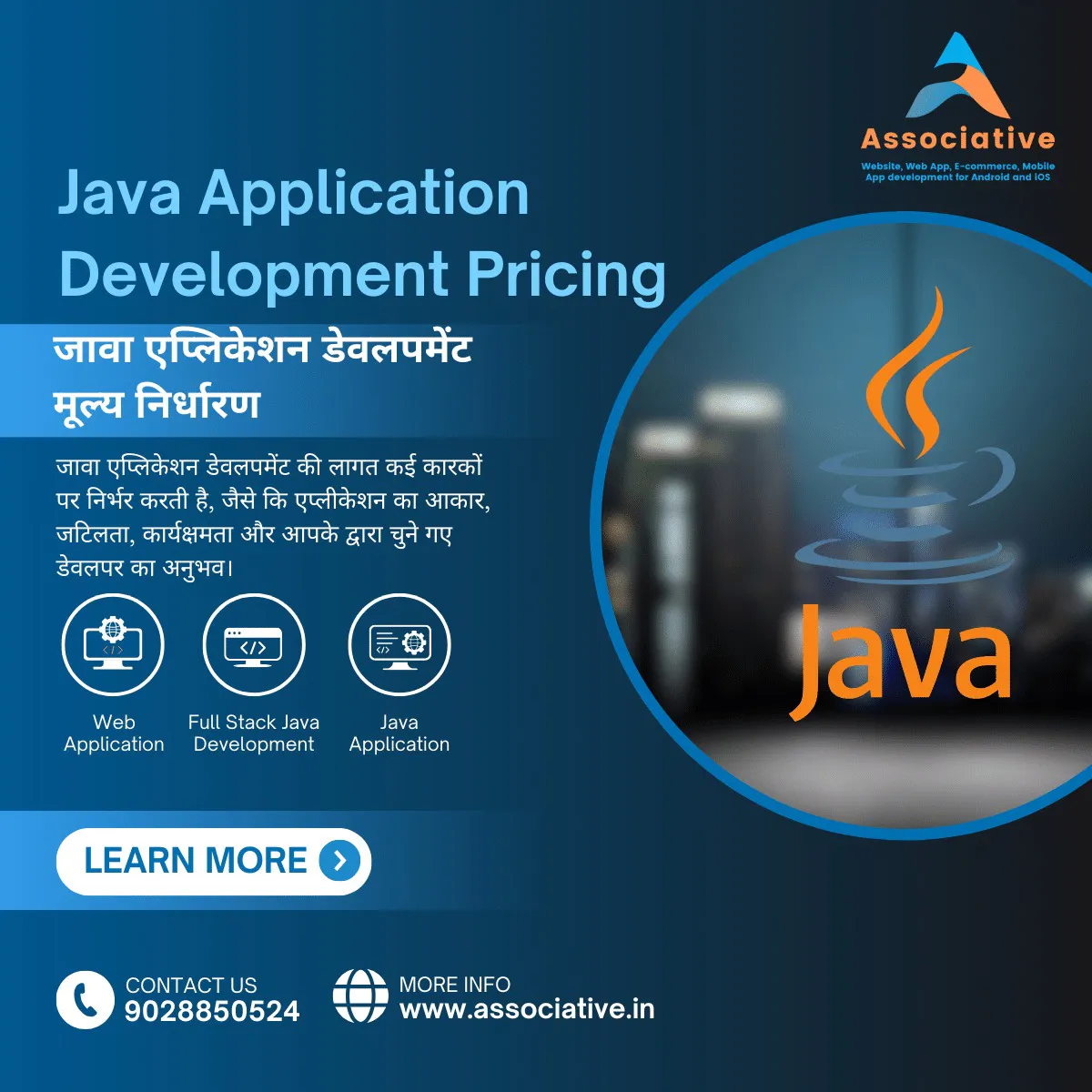
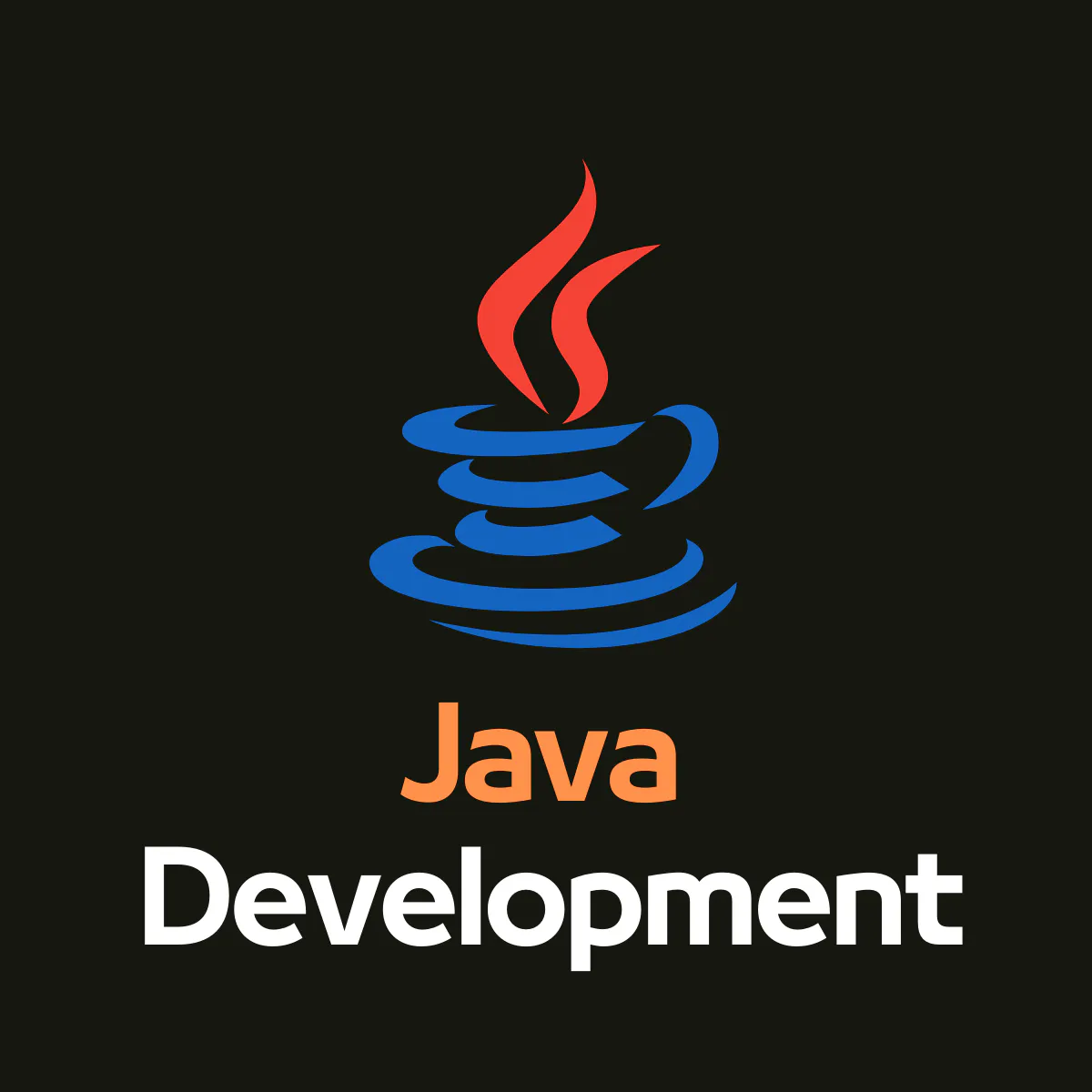
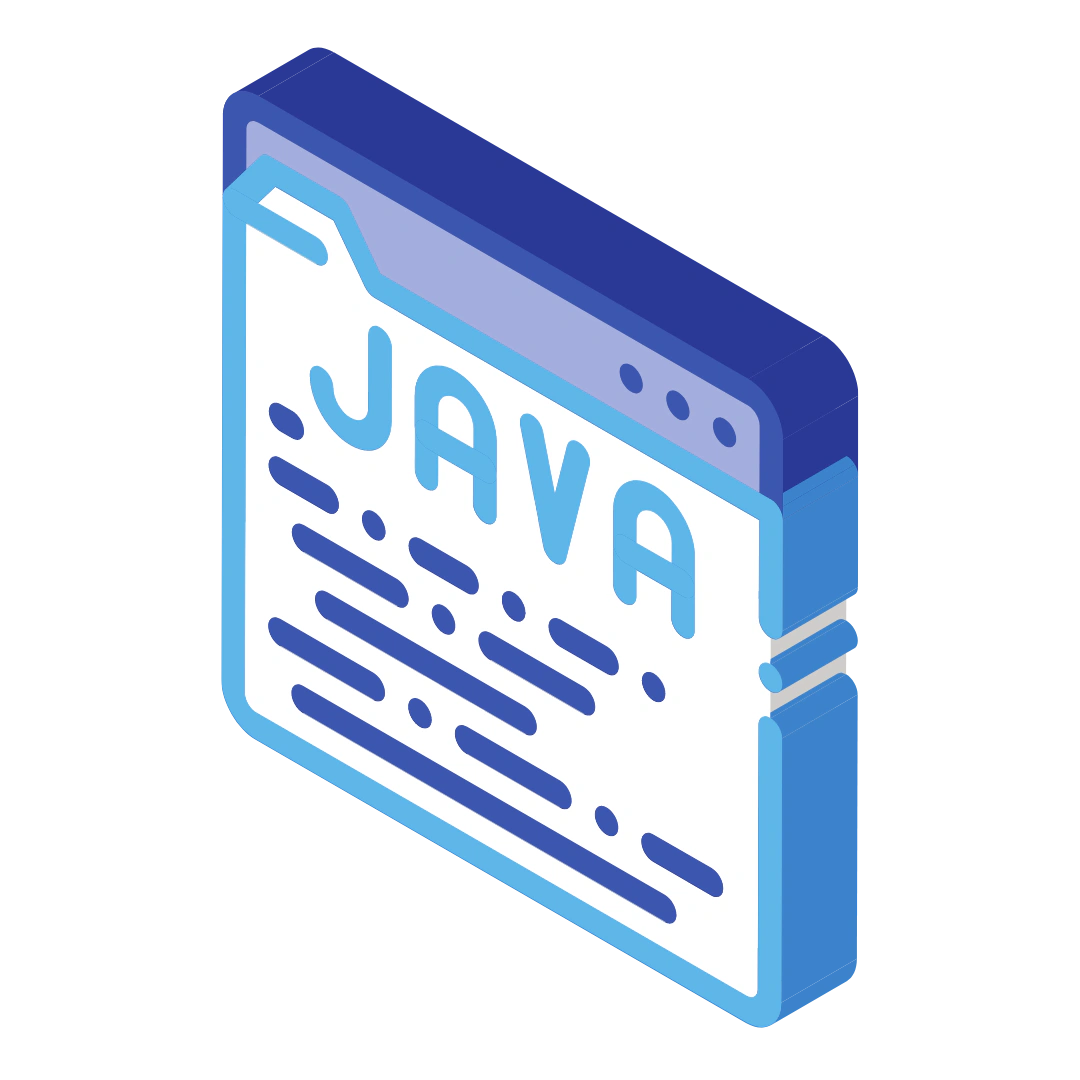
To learn more, consider reading other articles, blogs, and stories in this area.
